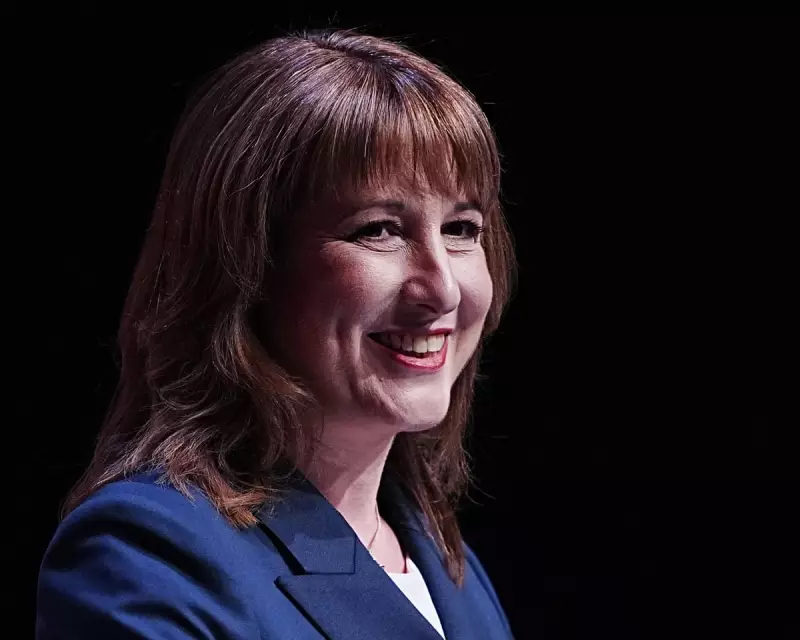
In a dramatic move that could reshape Britain's economic landscape, Chancellor Rachel Reeves is mounting a significant challenge to the authority of the UK's independent fiscal watchdog, the Office for Budget Responsibility.
A Clash Over Economic Control
The Labour Chancellor has initiated what insiders describe as a fundamental reassessment of the relationship between the Treasury and the OBR. At the heart of the dispute lies the Chancellor's desire for greater flexibility in economic policymaking, potentially loosening the watchdog's tight grip on fiscal decisions.
The OBR, established in 2010 to provide independent scrutiny of the UK's public finances, has become a cornerstone of British economic credibility. However, sources suggest Reeves believes the current arrangement imposes unnecessary constraints on the government's ability to respond dynamically to economic challenges.
The Battle Over Fiscal Rules
Central to the confrontation are the strict fiscal rules that the OBR is mandated to monitor. The watchdog's role in certifying whether the government meets its own borrowing and debt targets has become a powerful check on Treasury decision-making.
Multiple Whitehall sources confirm that the Chancellor's team is exploring ways to recalibrate this relationship, though they insist any changes would maintain the OBR's independence while making the oversight process more "collaborative."
Market Reactions and Economic Implications
The potential shift has raised concerns among economic experts who warn that any perceived weakening of independent scrutiny could unsettle financial markets. The OBR's endorsement has become crucial for market confidence in UK government debt, particularly after the turbulence following the 2022 mini-budget.
However, supporters of the Chancellor's approach argue that the current system gives unelected officials excessive influence over democratically determined economic policy. They contend that a rebalancing is necessary to allow the elected government greater scope to implement its manifesto commitments.
What Comes Next?
The unfolding tension represents one of the most significant tests of institutional relationships in British economic governance since the OBR's creation. How this power struggle resolves could define the Labour government's economic approach for years to come.
Both sides are proceeding cautiously, aware that the outcome will send important signals to international investors about Britain's commitment to fiscal responsibility. The coming weeks are likely to see intense negotiations behind the scenes as both the Treasury and the OBR seek to establish new working parameters.





